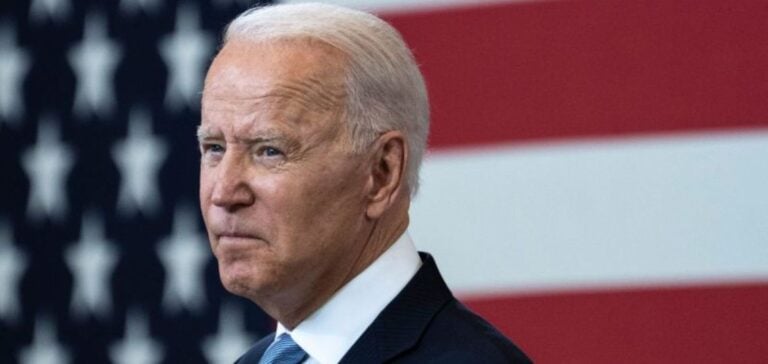A group of twenty former U.S. officials sent a letter to U.S. Secretary of State Antony Blinken on April 3, demanding that the U.S. revoke General License 44 unless Nicolás Maduro allows all opposition candidates, including Maria Corina Machado, to run in the presidential elections scheduled for 2024. The license, which authorizes oil transactions with Venezuela, was granted under the Barbados Accords of 2023, promising free and fair elections.
Threat of penalties for non-compliance
The letter’s signatories warned that if the democratic conditions were not met, in particular the inclusion of Machado, this should lead to a re-imposition of US sanctions, eased in October 2023. The letter stresses that Maduro’s actions, including the repression of political opponents and the arrest of civil rights defenders, should prompt resolute action by the United States.
American and international responses
The US position remains firm, with clear expectations that Maduro will respect the Barbados Agreement. The United States, through the State Department and the White House, has expressed concern about recent actions by the Venezuelan regime, including the disqualification of Machado and the obstacles imposed on his replacement, Corina Yoris, who was prevented from registering as a candidate.
Faced with complex international implications, including the potential for higher gasoline prices and migratory flows, administration officials are considering alternative sanctions that could affect Maduro’s regime without significantly disrupting U.S. or international interests. These alternative sanctions are discussed in the context of Venezuela’s growing collaboration with Iran and China, and a possible extension of the current policy until the July 28 elections.






















